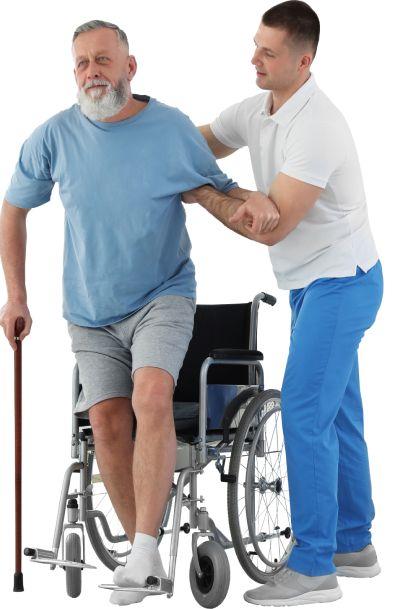Plans to redevelop a long-vacant third-floor concert hall in Natick's downtown Clark's Block building are gaining traction, with a feasibility study and architect walk-throughs scheduled.
The effort is being led by Vincent Vittoria, head of the Friends of Concert Hall, who has worked tirelessly on the project since discovering the empty venue in 2012.
Opening in 1874, the concert hall was once a central hub for Natick's cultural life, as it hosted galas, concerts and even former Vice President Henry Wilson's wake. Through it continued to serve a variety of purposes over the years, the space has been vacant for decades.
In more recent months, Vittoria told the Daily News that he has partnered with Boston-based architect Annum Architects and Milford-based Consigli Construction to complete a feasibility study that was funded by earlier fundraising events and donations, and expected to be completed in January. He has also been working with John Canning & Co., a historic preservation and restoration contractor.
"They're partnering together and along with other experts to essentially assess the hall to determine what it would cost to restore it and make a plan that can work to hold people in there for events that people want to do," Vittoria said. "We want to do things like ballroom dance, classical musical concerts, weddings, galas, lecture series... whatever we can think of in there."
Check out the all new PLAY hub with puzzles, games and more!
Plans beyond the main hall
Adjacent to the main hall is the former home of Natick Pegasus, the town's public access channel. Vittoria plans to renovate this area into a pre-event reception space.
The current phase of progress includes reviewing various renderings and options from the architects and determining the costs associated with each path.
How downtown Natick became a focal point for redevelopment
Town support and future impact
Vittoria said the Town of Natick has been supportive, collaborating with his group to ensure the project meets all required codes.
"They're very supportive of what we're trying to do," he said. "I think they're excited about the potential this has to transform Natick Center and really be a big draw for the MetroWest region. It's not just Natick, because there's a lot of potential here to bring various types of performance and events to Natick Center, and that will feed the businesses and restaurants, if there's a big venue like this."
Fundraising efforts continue
Fundraising remains a top priority. Vittoria plans to hold more events inside the hall to showcase its potential, and he will continue targeted outreach to philanthropists, companies and foundations capable of making significant contributions.
"It's headed in a great direction, thanks to the support of our community and the big gifts that help us do the study," he said.

 508-691-8539
508-691-8539




 Service Areas
Service Areas























